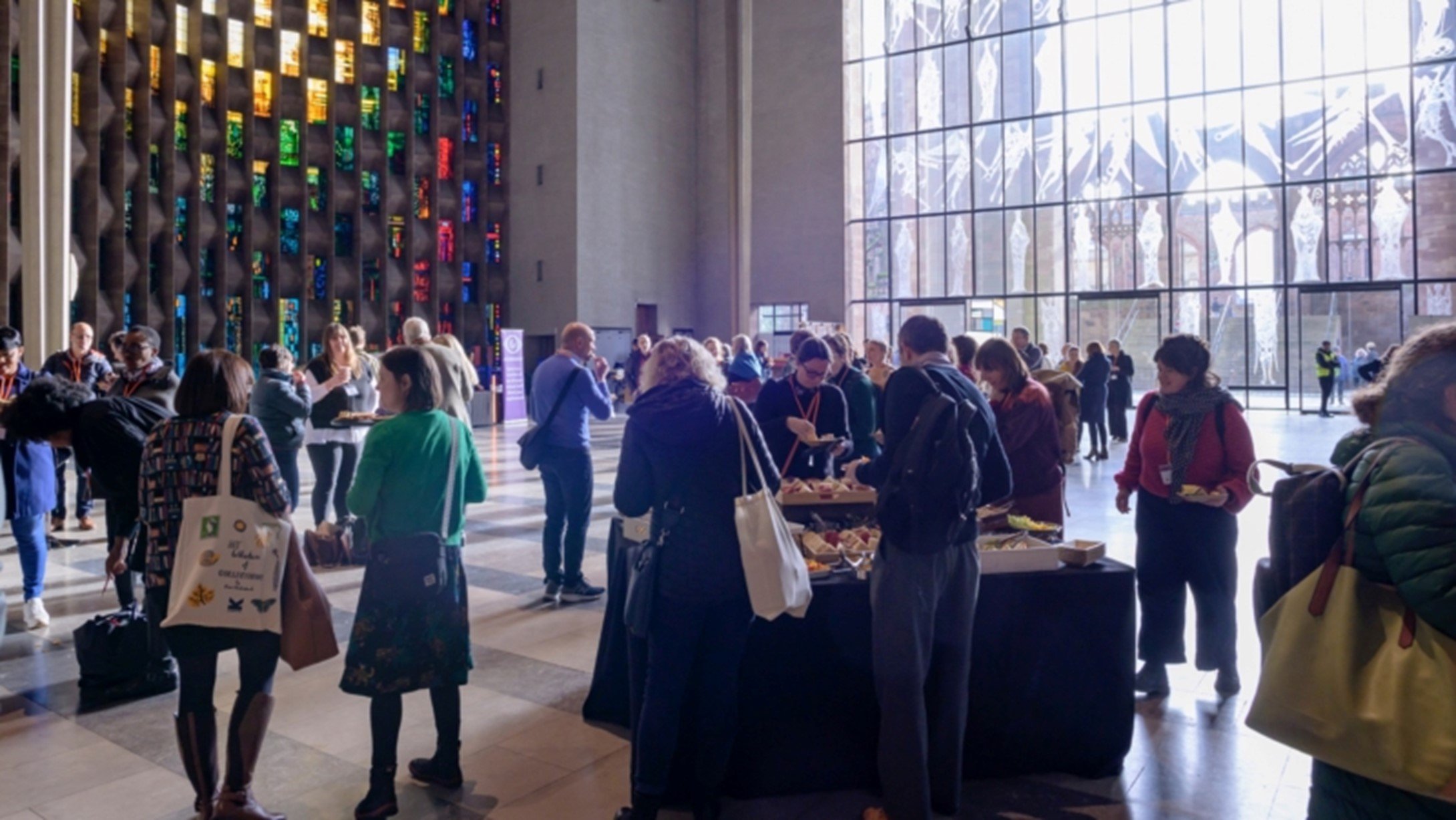
Heritage Compass Symposium 2023
Photo: AF&P
The future of heritage in England
In light of the complex funding landscape facing England’s heritage sector, Cause4’s Michelle Wright and Annie Jarvis explore the importance of structured resilience support programmes to ensure sustainability.
The pandemic, the cost-of-living crisis and cuts to local authority funding coupled with a highly competitive funding climate, have presented the English heritage sector with unprecedented challenges recently. There is also continuous ‘chatter’ about the future of the country’s heritage organisations with reports – such as On the Brink from the Heritage Alliance – outlining the severe financial threats to the sector.
Launched in 2020, Heritage Compass, was a business resilience programme, funded by the National Lottery Heritage Fund (NLHF) and the Department for Culture, Media and Sport (DCMS), to support heritage organisations. Specifically, it aimed to support 400 organisations with a structured programme of training, mentoring, peer learning, access to funding and a wealth of resources to build resilience, skills and financial security.
As evidenced in our Impact Report, the programme highlights the benefits to organisations of having the space, time and reflection, alongside training, to address the challenges. The work led to the creation of viable fundraising strategies and new ways of working.
The distribution of £150,000 in resilience grants enabled organisations to integrate new technologies and set up cashless donation points. Many participants also took their skills and new-found confidence to apply for additional funding, with organisations such as the Historical Diving Society securing and additional £800,000 – as a result of the programme.
Why structured resilience support is important
Without well-defined resilience programmes like this one it can be difficult for organisations needing to change to know where to turn. One-day training courses have a place, but organisations need structured, long-term programmes alongside to properly embed learning. As Simon Tait wrote in Arts Industry, ‘the heritage industry is going to need all the resilience it can muster”.
Other programmes such as Blueprint have proved the value of investing in sustainability. Led by Arts & Business Northern Ireland (A&BNI), Blueprint is a long-term initiative blending training, mentoring and substantial unrestricted income to help cultural organisations improve financial resilience and develop a more robust creative sector.
Tees Valley Combined Authority also looks to the longer term. It has launched two initiatives to ensure growth in the sector. The first – The Tees Valley Festival Scale Up Programme – supports nine regional festivals over a four-year period through a mix of grant funding, training, advice and guidance, access to industry support, mentoring and a peer network. Launched in 2022, this initiative not only seeks to help these festivals build sustainable business models, but also aims to improve the profile and economy of the region.
The second – The Tees Valley Leadership Programme – is based on a similar model of skills sessions, mentoring, guidance and peer networking, and provides leadership development opportunities for changemakers in the region.
What does the sector need next?
With any programme comes learning. Heritage Compass participants are very clear what support they would welcome next.
- Funding support for collaboration
Collaboration with other organisations on programme delivery and fundraising is urgently needed in response to the increasingly competitive environment. Heritage organisations are advocating for a new model, led by funders, to distribute funds with the specific aim of developing and nurturing joined-up programmes for the heritage sector, building resilience through partnership working.
- Grants for resilience
The ability to change takes time and space. More funding is needed for organisations to participate in training, so they can focus ‘guilt-free’ on developing and implementing longer-term plans that ensure resilience and sustainability.
- Digital upskilling
While the rise in digital technologies are largely seen as positive for the heritage sector, smaller charities are falling behind as they lack the funds and resources to invest in the tech. The whole sector needs support, funding and training in the use of digital, to ensure the impact is spread fairly across communities.
- Open communication with funders
There’s a fear about communicating with funders when things don’t go well – for example, if a staff member leaves and programmes have to be paused, or if prices increase and projects exceed allocated budgets. There is both a real and perceived gap to bridge in communication between funders and grantees. Honesty from grantees should ideally be met with openness and understanding from the funder. That’s how we can adapt and change.
In the current complex environment, long-term investment programmes – such as those funded through the NLHF – are needed to secure change and ensure accountability. As funders set their budgets and strategy beds down under a new administration, we can only hope such investment is forthcoming.
Join the Discussion
You must be logged in to post a comment.